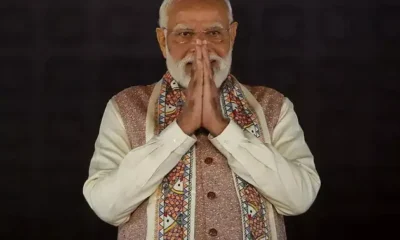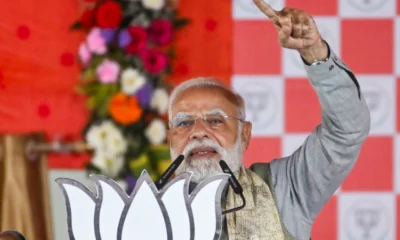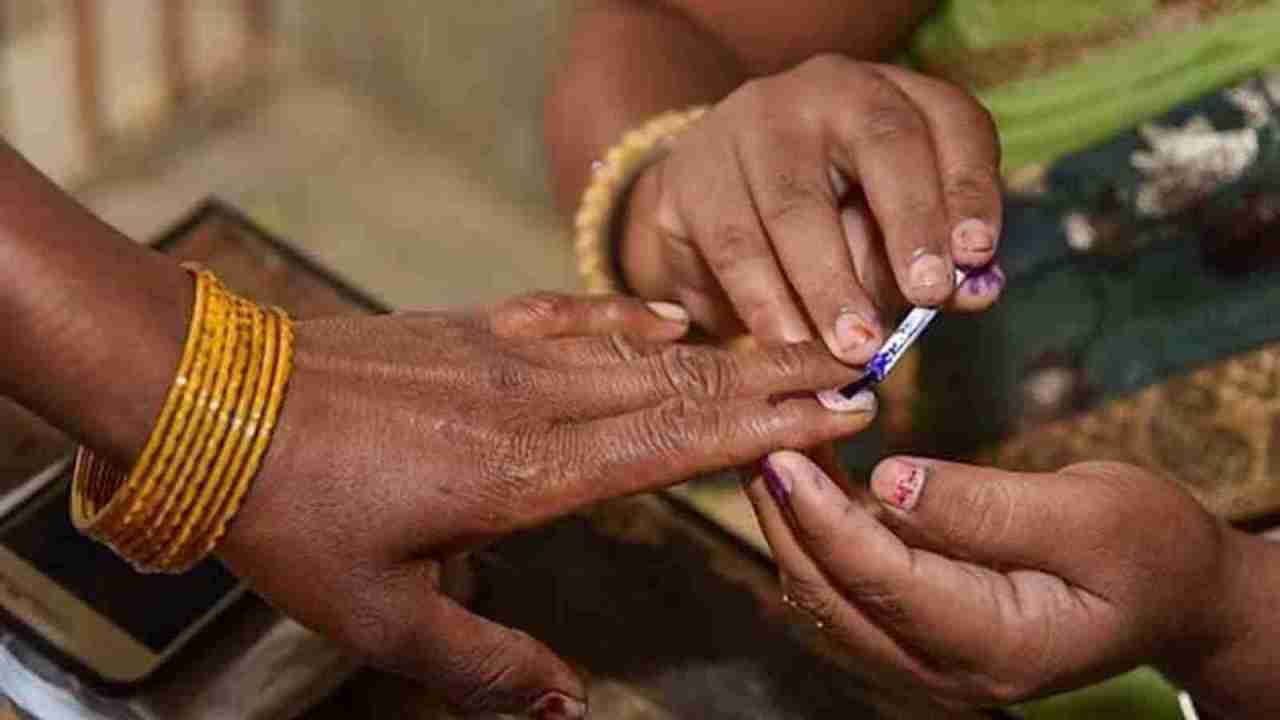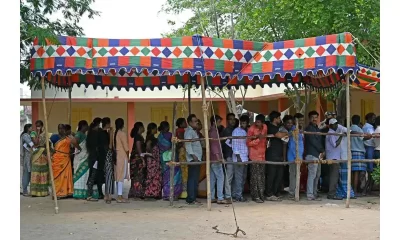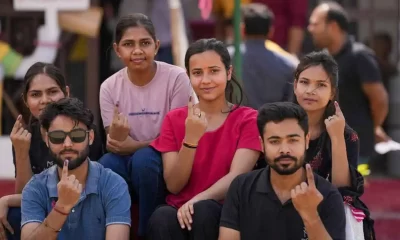India News
Voting for Telangana elections ends with 64% voter turnout till 5pm
The voting percentage increased steadily with about 9% recorded in the first two hours, increasing to 20% by 11 am. The voter turnout exceeded 35% by 1pm and 50% by 3pm. About 3.26 crore registered voters cast their votes at 35,655 polling booths sealing the fate of 2,990 candidates in fray.
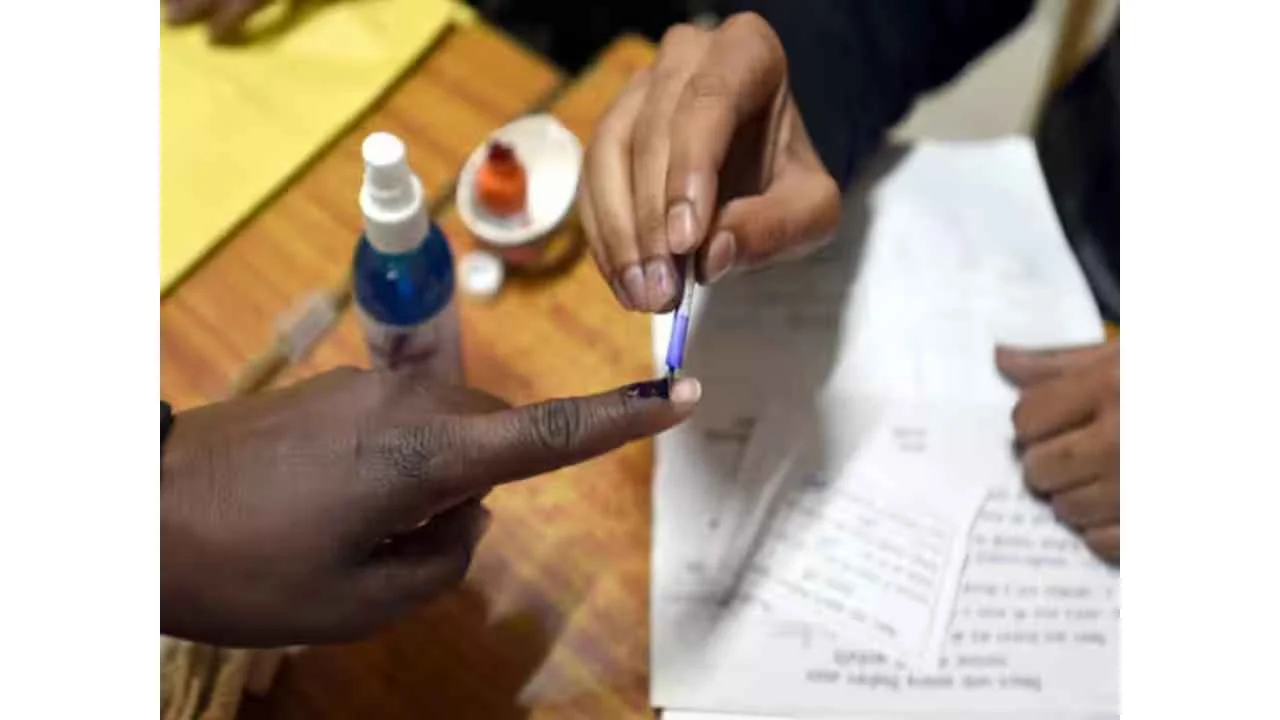
India News
Security tightened across Delhi metro stations after bomb threat emails
Delhi is on high alert after bomb threat emails targeted metro stations, the Red Fort and the Assembly. Authorities confirmed the threats were hoaxes but tightened security as a precaution.
India News
JNU protest turns violent as Left and Right student groups trade charges
A late-night protest at JNU turned violent as Left and ABVP student groups accused each other of stone-throwing and attacks near the East Gate.
India News
World praised India’s AI potential at AI Impact Summit, says PM Modi
PM Modi said the world praised India’s AI potential at the AI Impact Summit 2026, where 89 countries endorsed the New Delhi Declaration on artificial intelligence.
-

 LATEST SPORTS NEWS13 hours ago
LATEST SPORTS NEWS13 hours agoICC Men’s T20 World Cup 2026: South Africa outclass India with smart slower-ball strategy in Super 8
-

 India News13 hours ago
India News13 hours agoJNU protest turns violent as Left and Right student groups trade charges
-

 India News14 hours ago
India News14 hours agoDevendra Fadnavis seeks CBI probe into Ajit Pawar plane crash
-

 India News13 hours ago
India News13 hours agoWorld praised India’s AI potential at AI Impact Summit, says PM Modi
-

 Latest world news7 hours ago
Latest world news7 hours agoBangladesh president Shahabuddin accuses Yunus of conspiracy to unseat him
-

 India News5 hours ago
India News5 hours agoSecurity tightened across Delhi metro stations after bomb threat emails

